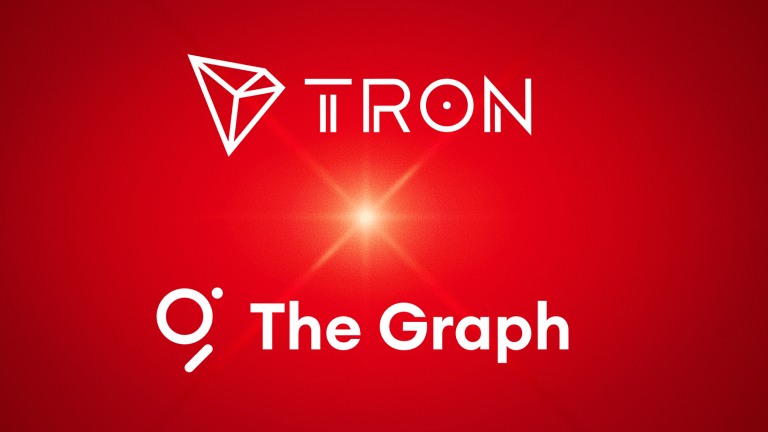In recent years, cryptocurrency mining, or the process of confirming transactions and adding them to the blockchain, has received a lot of attention. While it has transformed the digital money market, there are questions about its environmental impact.
This article will dig into the environmental challenges involved with cryptocurrency mining as well as the industry's ongoing efforts to develop long-term solutions. We may aim towards a greener and more sustainable future for bitcoin mining by recognizing the obstacles and potential solutions.
Crypto Mining's Environmental Impact
Crypto mining relies on sophisticated computer systems that consume a lot of energy. The following are the key environmental risks linked with cryptocurrency mining:
Mining activities necessitate a substantial quantity of electricity to power the computational processes. As a result, mining activities may increase energy usage and put a pressure on the power grid.
Carbon Footprint: The electricity used in mining is frequently derived from fossil fuels, resulting in greenhouse gas emissions. Climate change and environmental degradation are exacerbated by these pollutants.
Mining equipment, particularly specialized hardware known as mining rigs, often becomes obsolete due to the rapid speed of technical improvements. This results in a significant amount of electronic waste generated by obsolete mining equipment.
Understanding the Difference Between Proof of Work (PoW) and Proof of Stake (PoS)
To address these problems, it is critical to comprehend the two basic consensus techniques employed in blockchain networks: Proof of Work (PoW) and Proof of Stake (PoS).
To validate transactions, miners must solve complicated mathematical problems using PoW, the conventional mining approach. This procedure demands a significant amount of processing power and energy.
PoS, on the other hand, is a different consensus process in which players hold and "stake" their cryptocurrency tokens in order to validate transactions. This method avoids the need for costly mining operations.
The Search for Long-Term Solutions
Traditional mining processes offer environmental issues, and the crypto industry is aggressively pursuing sustainable solutions. The following are some noteworthy initiatives and developments:
Transition to Proof of Stake
Many cryptocurrencies, including Ethereum, are shifting from Proof of Work to Proof of Stake consensus techniques. This change intends to drastically cut mining's energy usage and carbon emissions.
Renewable Energy Integration
Some mining firms are looking at using renewable energy sources like solar or wind power to power their mining operations. Miners may lower their carbon footprint and make the operation more sustainable by using clean energy.
Improvements in Energy Efficiency
Mining hardware manufacturers are constantly seeking to increase the energy efficiency of their products. New generations of mining rigs are designed to use less energy while keeping great computational power, lowering mining's environmental impact.
Carbon Offsetting and Sustainability efforts
Crypto mining businesses are actively participating in carbon offsetting and sustainability efforts. Miners hope to reduce their environmental impact and contribute to a more sustainable future by investing in renewable energy projects or purchasing carbon credits.
Community-Led Mining efforts
Some cryptocurrency projects are investigating community-led mining efforts, in which miners are incentivized to use excess energy from renewable sources or other environmentally friendly methods. Within the crypto mining environment, these projects encourage decentralization and sustainability.
Regulatory Measures
Governments and regulatory agencies are investigating laws and legislation to solve crypto mining's environmental concerns. Regulators hope to promote ethical mining processes by establishing energy efficiency standards or rewarding sustainable methods.
The Importance of Education and Public Awareness
Education and awareness are critical in supporting sustainable practices in the cryptocurrency mining sector. Stakeholders can make informed decisions and take proactive measures by emphasizing the environmental effect of traditional mining processes and the benefits of sustainable options.
Educational campaigns, industry conferences, and collaborative initiatives can help to spread knowledge and promote safe mining operations.
Blockchain Technology and ESG Commitment: Navigating Energy Expenditure
Concerns regarding the energy expenditure associated with blockchain operations have raised questions about its compatibility with Environmental, Social, and Governance (ESG) standards. As such, it becomes crucial to understand just how blockchain technology can commit to ESG standards.
Blockchain scalability is a key factor in managing energy expenditure.
Implementing solutions like sharding, layer 2 protocols, and sidechains can enhance transaction throughput while minimizing energy consumption. These scaling techniques enable blockchain networks to process a larger volume of transactions without significantly increasing energy requirements.
Optimizing the network infrastructure and improving the efficiency of blockchain protocols can also lead to energy savings.
Developing more energy-efficient algorithms and optimizing code can reduce computational requirements, resulting in lower energy consumption during blockchain operations.
Blockchain technology itself offers transparency and traceability, which can be harnessed to ensure compliance with ESG standards.
Blockchain platforms can provide transparent reports on their energy consumption, carbon emissions, and sustainability initiatives. By adopting standardized reporting frameworks and engaging in third-party audits, blockchain projects can demonstrate their commitment to ESG principles.
Promoting education and awareness about blockchain's energy consumption challenges is crucial for driving sustainable practices.
Educating network participants, miners, and developers about energy-efficient protocols, renewable energy integration, and best practices for reducing energy consumption can foster a collective commitment to ESG principles within the blockchain community.
Conclusion
As the popularity of cryptocurrencies grows, addressing the environmental risks related with crypto mining becomes increasingly important. The industry is aggressively looking for long-term solutions, such as moving to Proof of Stake, incorporating renewable energy sources, and improving energy efficiency. Positive change is also being driven by community-led campaigns, regulatory measures, and educational initiatives.
The crypto sector may reduce its environmental impact and contribute to a cleaner future by implementing sustainable mining processes. Collaboration among miners, developers, regulators, and the broader community is critical for stimulating innovation, adopting sustainable solutions, and maintaining cryptocurrencies' long-term survival while conserving our planet's resources.
This article was written by FM Contributors at www.financemagnates.com.
You can get bonuses upto $100 FREE BONUS when you:
💰 Install these recommended apps:
💲 SocialGood - 100% Crypto Back on Everyday Shopping
💲 xPortal - The DeFi For The Next Billion
💲 CryptoTab Browser - Lightweight, fast, and ready to mine!
💰 Register on these recommended exchanges:
🟡 Binance🟡 Bitfinex🟡 Bitmart🟡 Bittrex🟡 Bitget
🟡 CoinEx🟡 Crypto.com🟡 Gate.io🟡 Huobi🟡 Kucoin.


















Comments